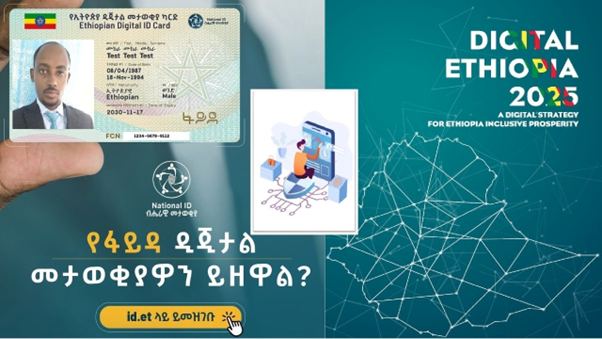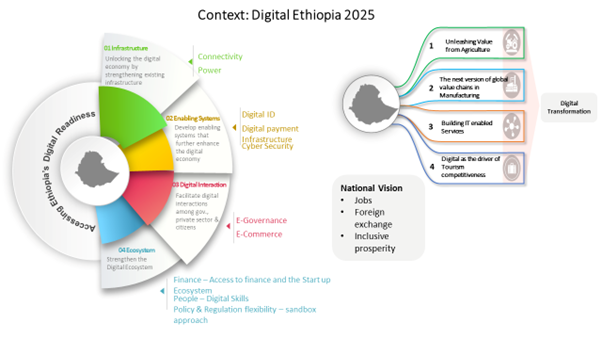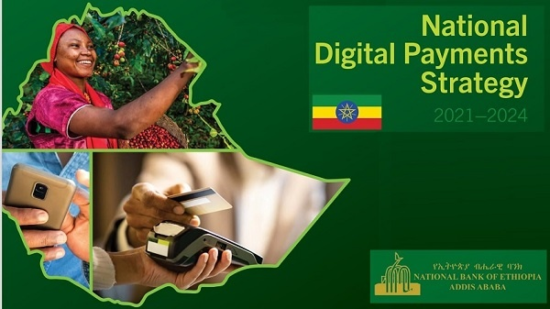
The World Bank recently approved a $350 million financing package for Ethiopia's digital identity (ID) program. The project, called Fayda, which was launched in 2022, has already enrolled 3.5 million people in its pilot phase and is set for full rollout in 2024.
Per a World Bank press release, most of the funding comes under its Digital ID for Inclusion and Services project. As part of the finance package, $50 million is a grant for host communities and refugees under the bank’s International Development Association (IDA) window. The IDA, which typically provides grants and low-interest loans, aims to support 74 of the world’s poorest countries, 39 of which are in Africa.
According to official documents, an allocation of $214 million is specifically earmarked for inclusive issuance, while $68 million will be dedicated to the technical infrastructure of the Fayda project. Infrastructure construction and service provision will receive $21 million and $35 million respectively, while $12 million will be allocated to project management.
“This finance will help us to roll out the digital ID project that we have been working on for a long time at the country level”
The executive director of Ethiopia’s Fayda program, Yodahe Zemichael, said the World Bank’s disbursement is crucial to implementing the ID project, which has been in the pipeline for a while. This financial support should enable the country to improve its financial inclusion with the new digital ID. As part of the project, Ethiopian banks are set to mandate Fayda as the primary means of identification for financial transactions by 2024. “This finance will help us to roll out the digital ID project that we have been working on for a long time at the country level,” said Zemichael.
"In addition to facilitating financial inclusion, it will help modernize public services and further stimulate the adoption of digital technologies in society"

In addition to the digital ID initiative, Ethiopia has seen significant expansion in the digital sector in recent years. The country has made considerable efforts to promote the development of information and communication technologies, with a particular focus on infrastructure and digital skills. Projects such as building technology parks, improving telecommunications networks and investing in digital skills training have been key elements of this national strategy.
The emergence of innovative technology startups has also helped to boost Ethiopia's digital ecosystem. These companies are providing innovative solutions in a variety of sectors, from finance to health and education. In addition, public-private partnerships aim to strengthen the country's digital infrastructure, promote widespread internet access and encourage people to share in the benefits of digital technology.
In this context, the Fayda digital identification project is a key milestone in Ethiopia's digital transformation. In addition to facilitating financial inclusion, it will contribute to the modernization of public services and further stimulate the adoption of digital technologies in society. This combination of initiatives underlines Ethiopia's strong commitment to an era of digital progress, where innovation and digital accessibility play a key role in promoting the country's economic and social well-being.




